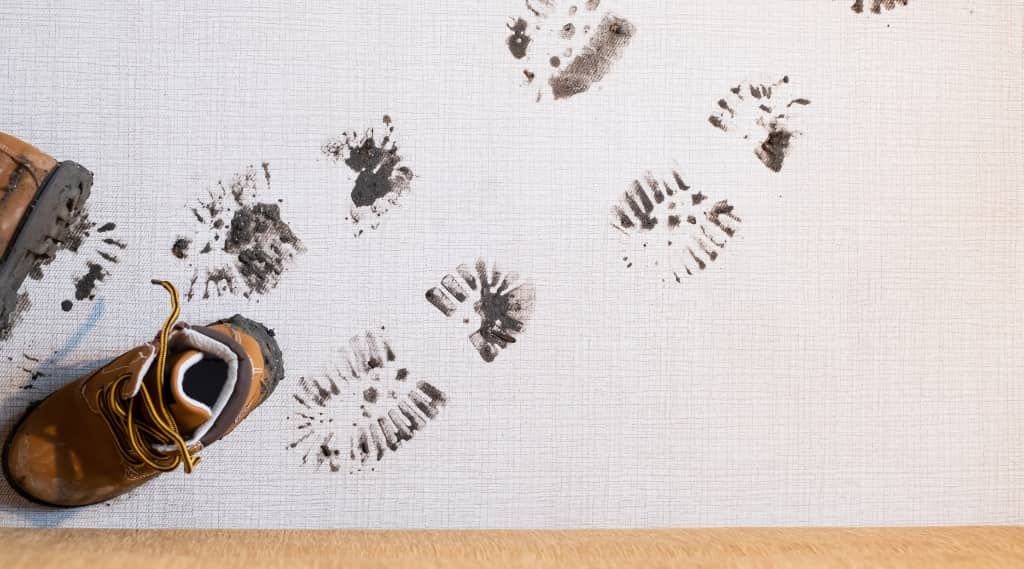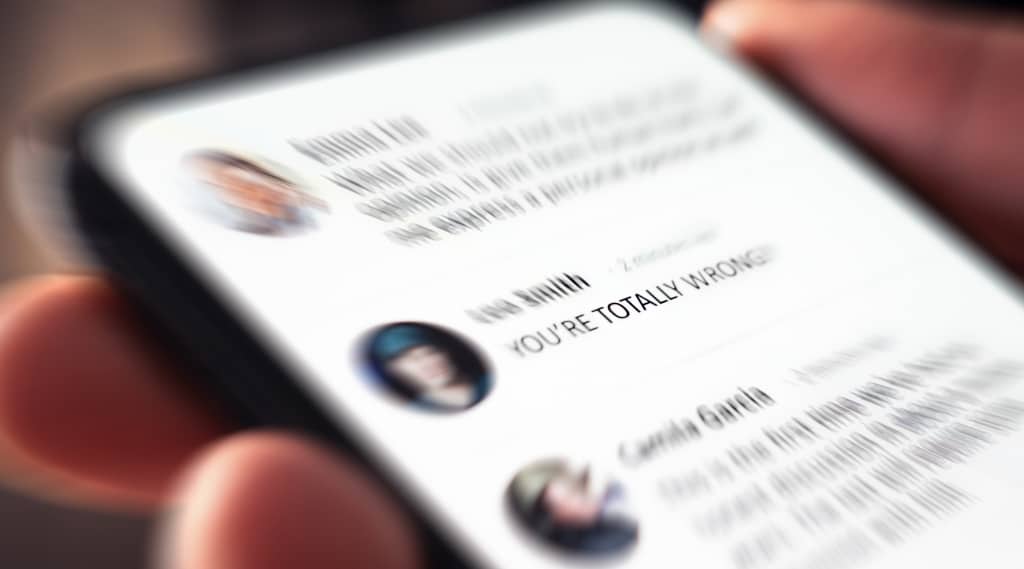We’ve all heard the old saying that ‘there’s no such thing as bad press.’ Whoever came up with that clearly has never seen their brand dragged through the digital mud.
A single social post can put your consumer trust in freefall, and reviews carry the weight of a court verdict. The idea that any attention is good attention is definitely outdated. Today, reputation is currency, and if you’re not careful, your digital footprint can end up as a muddy bootmark across your brand’s fresh carpet.
To give you a hand, we’re going to unpack what bad press really means in the modern landscape, and how brands can bounce back, clean up, or, better yet, avoid the mess entirely.
What Counts as Bad Press These Days?
The days when bad press meant a dodgy headline in the back pages of a tabloid are way behind us. The world is online, and the presence of a digital footprint means it can strike from anywhere. A poorly handled customer complaint, a tone-deaf ad campaign, or a tweet that aged like milk.
It’s not just big scandals either.
A single one-star review on Trustpilot can snowball. A viral TikTok calling out your delivery time? That’s brand damage. The pace and reach of news (real or otherwise) mean even a tiny misstep can become a major customer relations nightmare before your coffee’s gone cold.
Basically, bad press is no longer a headline problem; it’s a digital footprint problem.
Your Digital Footprint Never Forgets
What happens online stays online. Forever. Every angry review, every awkward apology, every moment of silence when you really should’ve spoken up; it’s all part of your brand’s online identity.
And here’s the kicker: search engines and social platforms surface what’s most popular or most clicked, not necessarily what’s most accurate. So, if negative noise is gaining traction, that’s what your customers will see first.

The Fallout Could See You Losing Consumer Trust
The real damage from bad press is what it does to consumer trust and your wider customer relations. Getting something wrong can break years of loyalty. Once trust is dented, it’s not easily repaired. Consumers remember how you made them feel, be it dismissed, misled, or undervalued.
And it’s not just about direct customers either. B2B clients, partners, and investors have all got Google too. If your brand looks messy, they’ll keep walking.
Can Bad Press Ever Be Good?
Sometimes, controversy brings clicks, but traffic isn’t the same as loyalty. A spike in awareness doesn’t mean a spike in sales, especially if that spike is people screenshotting your mistake and sending it to their group chat.
Also, there’s controversy and controversy. Sometimes, a brand can run a totally bizarre marketing campaign, and this can spark internet discourse around a business name. Channel 4’s ‘Carbon Skid Marks’ was an example of this. It used surreal imagery to raise awareness about a crucial issue, and has since been dubbed a ‘moment in culture.’
On the flipside, getting it wrong is catastrophic. A few years ago, Burger King launched a marketing campaign titled ‘Women Belong in the Kitchen.’ The principle was sound (addressing the fact that only 20% of chefs are female), but the campaign came under fire nonetheless for the misogyny in its headline.

Prevention Is Cheaper Than Repair
Burger King probably found themselves asking ‘how do we recover from bad press?’, when the smarter move would have been to ask ‘how do we prevent it?’ The long and short of it is that you have to know your audience.
That means putting real effort into tone checking your campaigns. Listening to your target consumers and figuring out what makes them tick. Funny marketing can be incredibly powerful, but when the joke misses its mark, your brand can find itself in hot water.
It helps if you’ve got a track record to fall back on.
This means making sure your digital footprint is packed with the good stuff: thought leadership, happy customer stories, brand wins. That way, if something negative pops up, it’s not the only thing people see.
How to Handle Bad Press When It Hits
If the storm’s already rolling in, then you’ve got to respond. Ignoring the problem won’t make it go away, and it can lead to wider speculation.
What you can do is:
- Acknowledge the issue quickly.
- Apologise like a human, not a lawyer.
- Explain what went wrong (without passing the buck).
- Outline what you’re doing to fix it.
- Follow up with action and let people know what you’ve done.
A transparent, accountable response does more for consumer trust than any press release ever will.
Time to Rethink Your Brand Story?
At One2create, we know that every brand has a story to tell, and sometimes, that story needs a rewrite. Whether your digital footprint needs a tidy-up or your messaging could use a refresh, we’re here to help you get back on the front foot.
We’re a digital marketing and web design agency that doesn’t deal in fluff. We create standout branding, bold design, and strategies that actually work. From identity refreshes to full-blown brand transformations, we’re your creative team when things go right or wrong.
Want to future-proof your brand, patch up your reputation, or just make a bit more noise (the good kind)? Check out our brand services or get in touch with any questions. We’ll help you turn those headlines into wins.
FAQs
What should I do if my brand gets negative online reviews?
Respond politely, quickly, and constructively. Acknowledge the complaint, offer a solution, and show you’re listening. Public responses show others how you handle issues.
Is it worth investing in online reputation management?
Yes! Your brand’s online perception has a direct impact on sales and partnerships. Managing your reputation is just as important as managing your operations.
How long does it take to recover from bad press?
It depends on the severity and how you respond. A well-managed response can start repairing consumer trust within days, but rebuilding relationships can take weeks or months.
Can a brand grow stronger after a PR crisis?
Sometimes, but not always. Some brands emerge with clearer values, stronger messaging, and a more loyal following. Remember, though, it’s only if they handle the situation with transparency and action.






